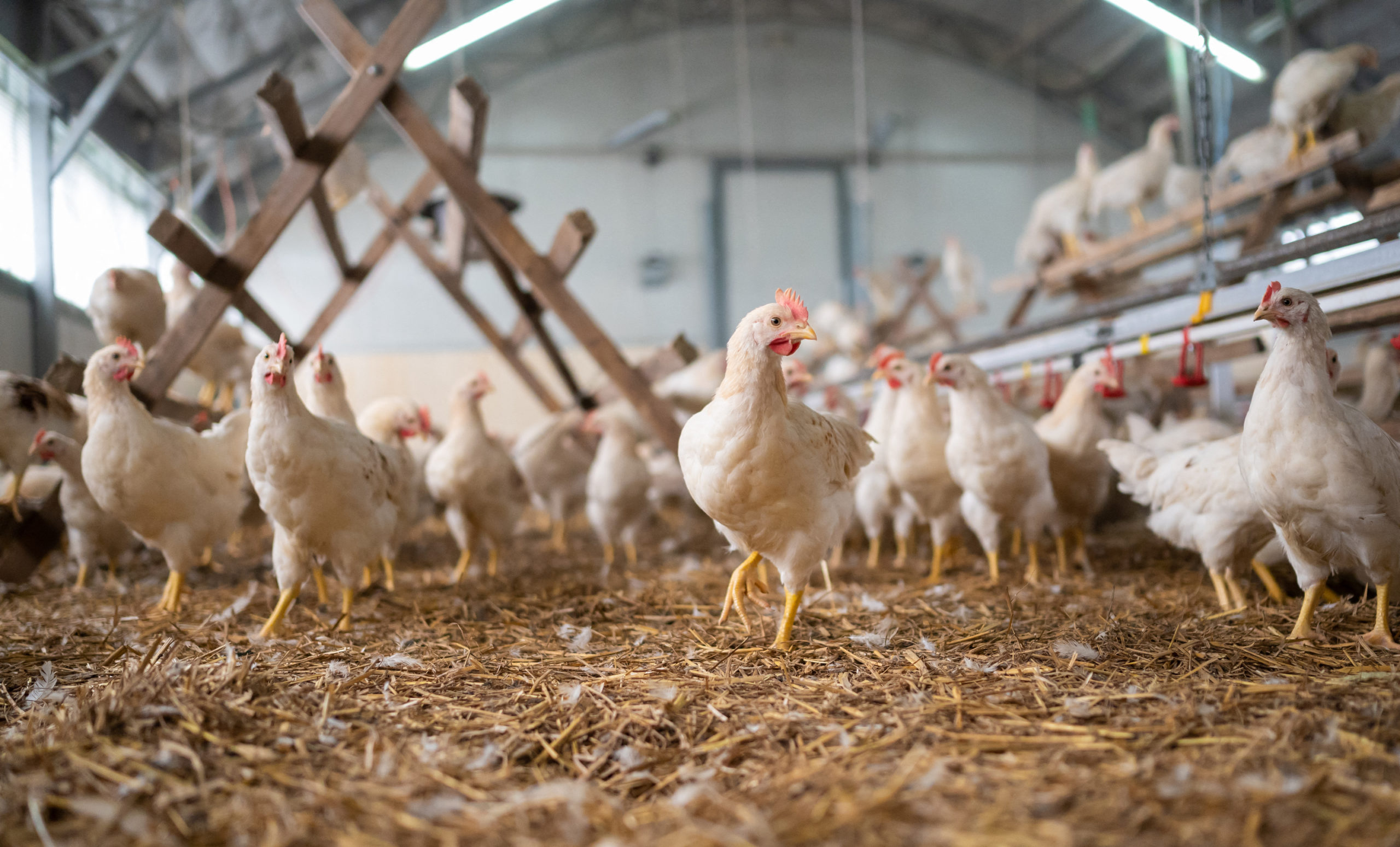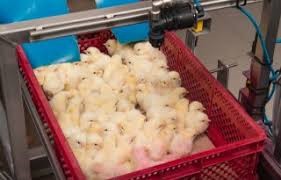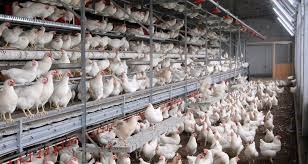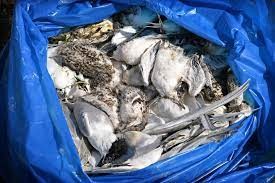Very Dangerous Brazilian Birdflu ahead

Contaminates neighbouring countries, including
Suriname
eyesonsuriname
Amsterdam, 7 feb 2023–After two decades, the highly pathogenic (when almost all infected animals show symptoms of the disease) avian flu has become a real threat to Brazilian flocks and production. \

Nine countries in Central and South America have confirmed 75 outbreaks of the disease in recent months and have already had to sacrifice 1.2 million birds.
According to Valor Economico, the country’s main financial daily, the entry of the virus into the country could affect Brazilian chicken exports, which in 2022 reached a record 4.8 million tons, or US$ 9.7 billion, partly favored by the impact of influenza in the Northern Hemisphere and by the interruption of sales in countries affected by the disease.

The notification of a case in Cochabamba, Bolivia, last weekend, caused an uproar in Brazil, as it means that the virus has crossed the Andes Mountains, which is considered a natural barrier. Until then, the disease had only reached the southern half of the continent in migratory birds concentrated on the Pacific route.
“Our fear is that avian flu will arrive in Brazil in birds that migrate within the continent, to areas such as the Pantanal and Bahia”, says Fabiano Benitez, coordinator of the poultry health program at the Agrosilvopastoril Sanitary Defense Agency of Rondônia (Idaron). The state is the closest to Cochabamba in Bolivia.

The Secretary of Agricultural Defense of the Ministry of Agriculture, Carlos Goulart, says, however, that the risk of the virus reaching commercial farms is “fully controlled”, due to the high standard of bio-security of Brazilian poultry and the Official Veterinary System (SVO), which has more than 3,000 qualified professionals. Last year, 1,200 veterinarians were trained to work in active surveillance of the virus. “The period of greatest risk runs until May, due to this migratory flow of birds. Surveillance will be intensified.”
The secretary explained that imported animal protein products do not pose a real risk of introducing the virus into Brazil. The main work of flu prevention consists of monitoring the places where birds coming from the Northern Hemisphere land and reproduce.

Helping in this prevention are state and federal bodies, such as the Brazilian Institute for the Environment and Renewable Resources (Ibama) and the Chico Mendes Institute for Biodiversity Conservation (ICMBio).
Exports have been important for Brazilian industry to operate with healthy margins, in a context of rising production costs. But if the disease enters the country, large buyers can suspend imports, even partially and temporarily.

Nowadays Brazil exports almost a third of the poultry it produces, (meat, eggs, genetics) estimated by the Brazilian Animal Protein Association (ABPA). In 2023, the segment is expecting to ship between 5 million and 5.2 million tons.
Ricardo Santin,

president of the organization, says that the impact of the possible arrival of the virus in Brazil would be smaller due to the understanding of the Animal Health Organization (OIE) that a country can continue to export from areas outside the radius of 10 kilometers from an outbreak.
He quotes the case of the US, which has been trying to eradicate bird flu since 2014 and continues to export.
“It would be a regional problem. Rondônia, for example, is very far from the southern region, which concentrates 70% of Brazilian production. South Africa and Japan could ask for an explanation and even temporarily close the market, but most countries follow this logic”, says Santin. “We have an integrated production hub and the loss of exports could cause an economic crisis. In addition to taking away jobs, it would harm tax collection and, thus, the entire society of Rondônia”, ponders Fabiano Benitez.
A study by the Getúlio Vargas Foundation (FGV) commissioned by the National Union of Federal Agricultural Tax Auditors (Anffa Sindical) says that an outbreak of avian flu in Brazil could generate an annual direct loss of Reais 7.3 billion in agribusiness exports and another Reais 6.1 billion in other sectors, indirectly, totaling Reais 13.5 billion. The organization also claims that important areas for disease prevention and control are outdated.
eyesonsuriname









